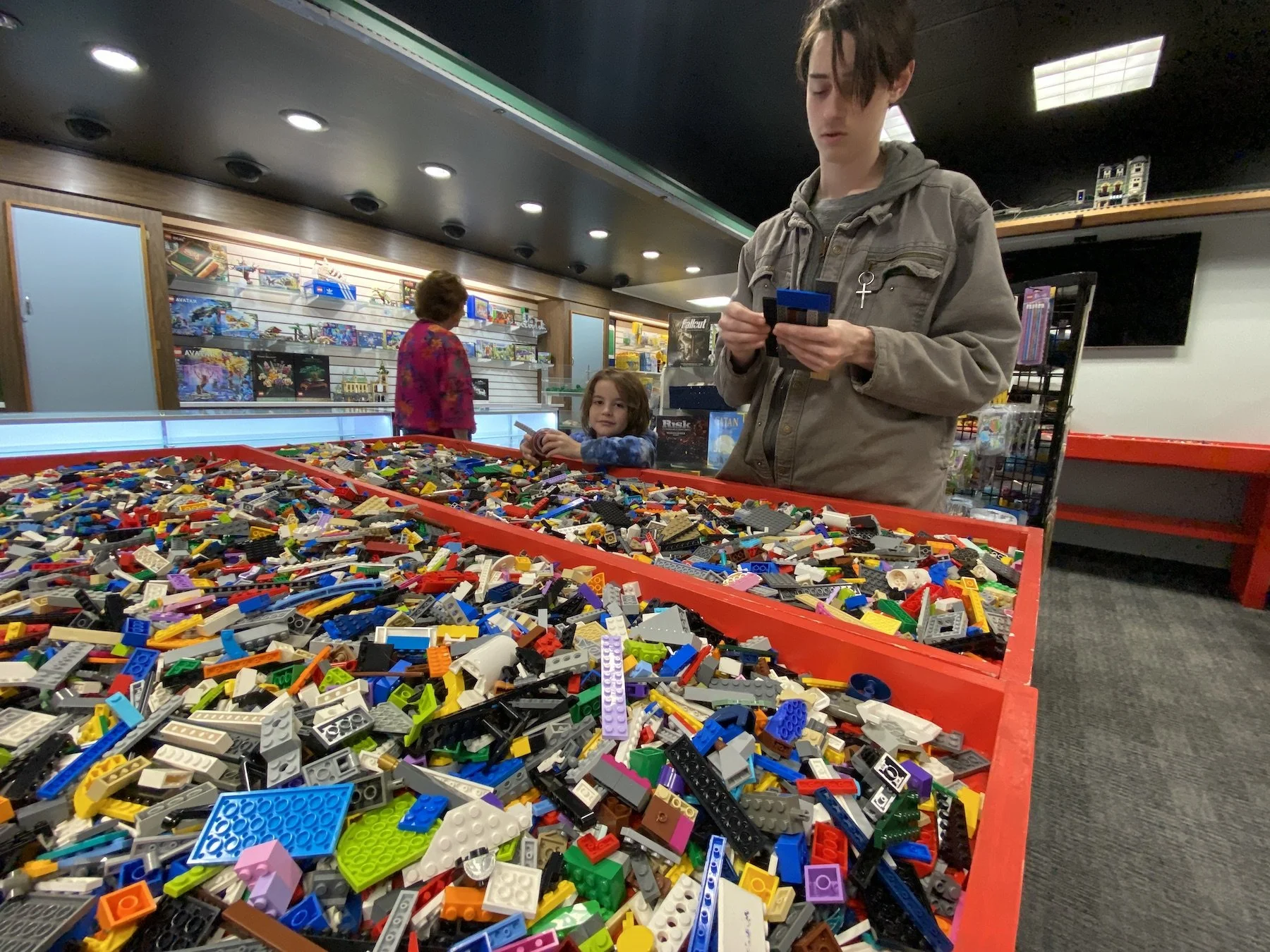Column: Self-Pity and Self-Compassion: What’s the Difference?
A psychologist friend shared the following article (originally published on the Huffington Post contributors’ blogsite), saying it has changed the way he navigates his own struggles. I liked it so much that I asked to the author, Dr. Margaret Paul, for permission to reprint it in the CCC. She promptly and generously gave it, so here it is, below — Donna Henderson/ Living Well
By Dr. Margaret Paul
There is a vast difference between feeling sorry for yourself and feeling kindness toward yourself.
Self-Pity
When you see yourself as a victim, you indulge in self-pity. You are a bottomless pit of misery, and you may find yourself crying endless victim tears. You might say things like:
“Why do bad things always happen to me?”
“I'm a loser and I'll always be a loser.”
“It's not fair.”
“God is here for everyone but me.”
“I'm just not one of the lucky ones.”
“Everything is my fault. I'm not good enough.”
Self-pity might serve two purposes:
1) It gets you off the hook from having to take responsibility for yourself. If you see yourself as a loser or unlucky or not good enough, then you don't have to take loving action in your own behalf.
2) The hope of self-pity may be to make someone else feel guilty enough to take responsibility for you. Self-pity is a form of control -- to avoid making mistakes and possibly failing, by getting someone else to feel sorry enough for you, or guilty enough, to take care of you.
Is self-pity working for you? Even if you do get someone to do for you what you need to be doing for yourself, is it making you feel joyful and secure? The price you pay for not taking responsibility for yourself might be huge.
When you are indulging in self-pity, you may be trying to get someone else to give you the compassion that you need to be giving to yourself. While compassion from others always feels great, if you are stuck in self-judgment and self-pity, it will have no lasting positive effect.
For many years of my life, I was a victim, always trying to get someone else to give me the compassion that I had not received as a child. Most of the time, people resisted giving me what I wanted, as they didn't want to feel controlled by me, and they couldn't feel much compassion toward me when I was abandoning myself.
It was a huge shift in my life when I realized that I could give myself the compassion that I kept trying to get from others.
Self-Compassion
While the energy of self-pity feeds on itself and takes you lower and lower, the energy of self-compassion is powerful and uplifting.
When you feel sorry for yourself, your heart is closed to the love and wisdom that is within you and all around you; when you choose to be kind to yourself and gentle with yourself, your heart opens to the love, wisdom and power of spirit.
Self-pity comes from the intent to avoid/control, while self-compassion comes from the intent to be loving to yourself.
When you choose to be compassionate toward yourself, you might say to your inner child -- the feeling part of you -- things like:
“I know this is very hard, and I'm here for you. You are not alone.”
“The challenges of life can be very painful. I'm so sorry you have to go through this. I love you and we will be okay.”
“This painful situation has nothing to do with you being bad or not good enough. Everyone has painful challenges in life. You are not being punished.”
“It's okay to cry whenever you need to. We will reach out for comfort when we need it.”
There is a vast difference between reaching out for comfort and trying to manipulate someone into feeling sorry for you and taking care of you. When you are feeling sorry for yourself, you have abandoned yourself, while when you are compassionate toward yourself, you are taking responsibility for yourself. Sometimes, this involves asking others for help. We can't always do it alone, but asking for help is very different than asking someone to do it for you.
For me, the paradox is that, once I learned how to give myself the compassion I needed, I received way more compassion from others. This compassion from others is mostly the icing on the cake, rather than the cake itself.
—by Dr. Margaret Paul, reprinted with permission of the author. For more by Dr. Paul, visit her website at www.innerbonding.com
Support Local News
Available to everyone; Funded by readers.




